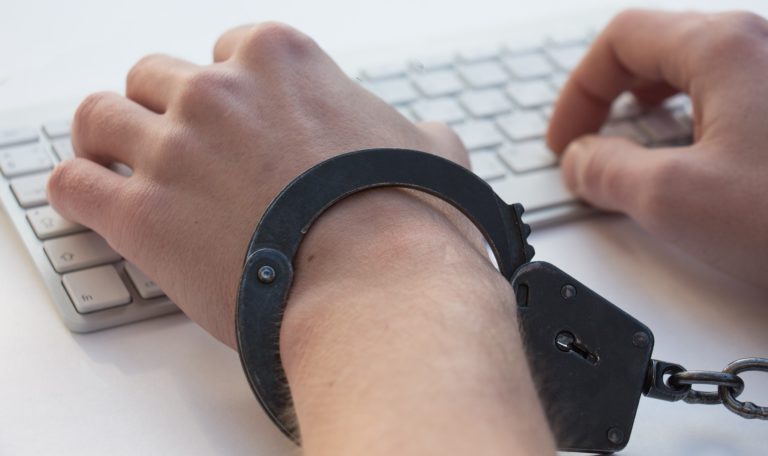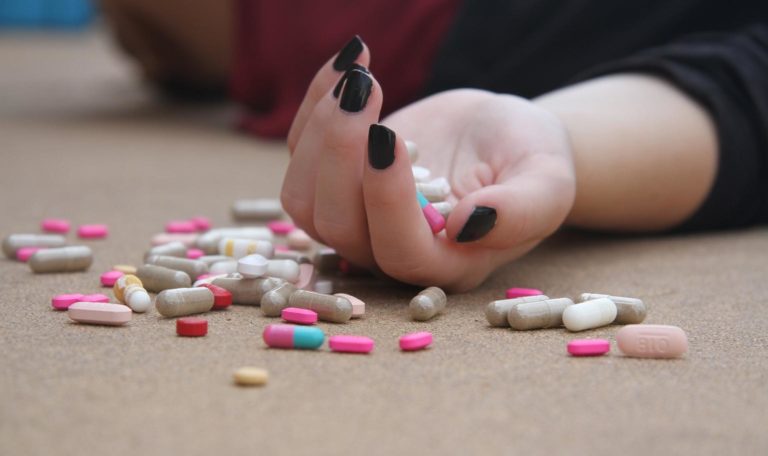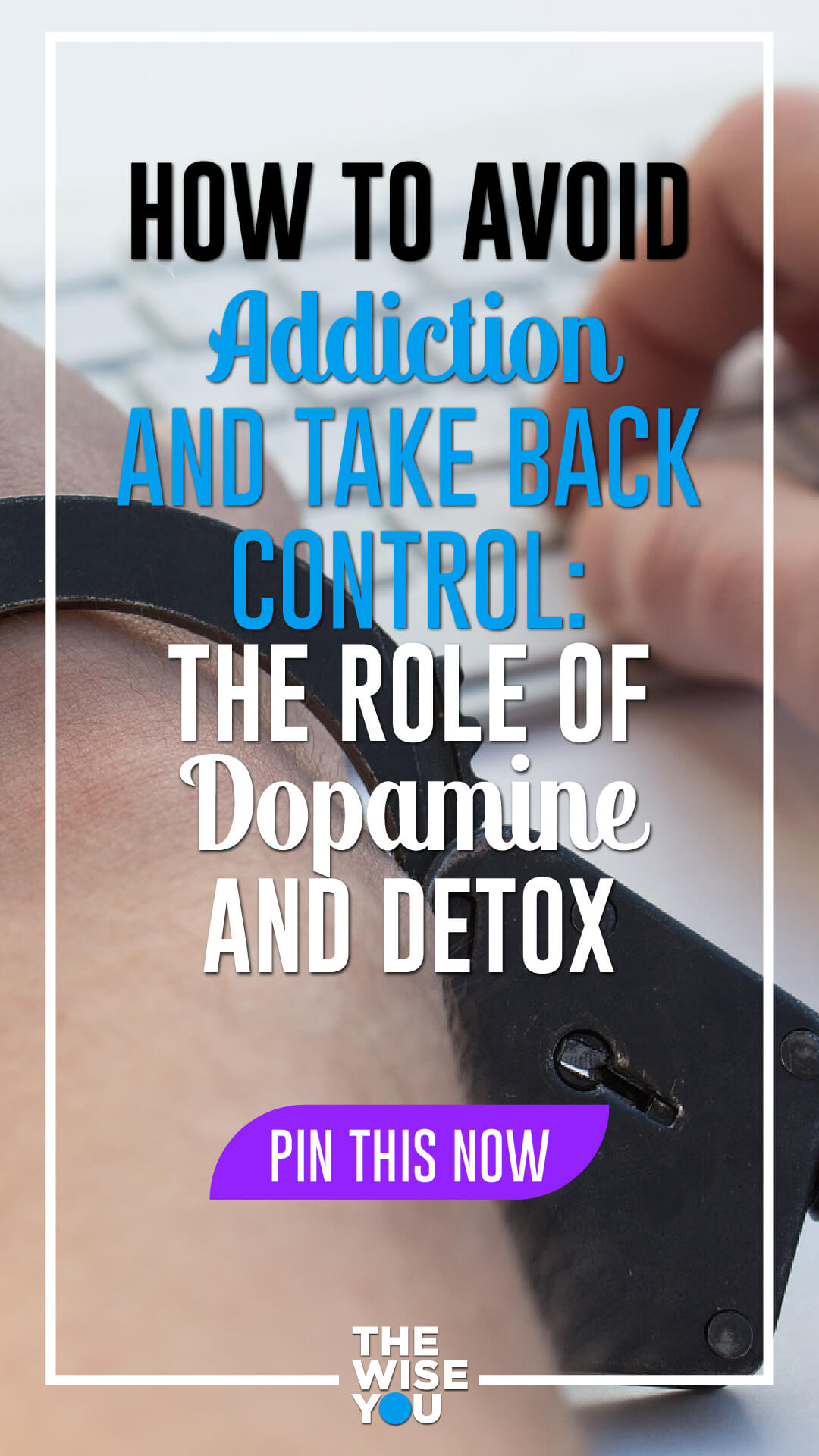An addiction is a powerful, deviant craving. It is a situation when one is abnormally liberal to and dependent on something that is psychologically or physically habit-forming. An addiction could be found in various forms that are not just restricted to alcohol or narcotic drugs alone. Managing an addiction and taking control takes steadfast management and a sharp sense of consciousness. You must note that you face the triggers of your addictions daily, so you must be ready to take yourself out of situations or scenarios where you run the risk of reverting back to your addiction. This does not mean that you will not encounter things that will intensify your craving; the point is to take back control. Your addiction could also be excessive eating, sex, gambling, shopping, exercise, and anything you do excessively to the point that you can no longer do without it. The fact that other people can control the use of the substance or the element of your abuse does not make your addiction a myth, but only means that there is a biological “hard-wiring” of your brain to get addicted to that substance or thing. Addiction can be caused by biological factors like genetic factors, mental health history, or the use of some drugs at the developmental stages in one’s life. For young people it could also stem from environmental factors like living near addicts, having addicts as friends, or having social or academic troubles.
How dopamine and detox comes in
The brain of an addict is essentially different from that of someone who is not addicted. This is why some people who use addictive substances get addicted and others do not. Dopamine is a “pleasure” chemical released by the brain which has been connected with addiction. Dopamine trains the brain to avoid unpleasant experiences and seeks out only the pleasant ones. Dopamine is not the cause of addiction. Feel-good experiences activate a reward of releasing dopamine in your brain, which causes your brain to focus more on the pleasure you felt, and this leaves a powerful memory of that pleasure in your brain. It is this powerful memory that your addiction acts on, prompting you to try out the substance or the activity once again.
Dopamine is not just a pleasure chemical, and it helps reinforce gratifying sensations and actions by linking things that make you feel good with a want to do them again. The neurotransmitters that cause the feelings of joy are serotonin, endorphins, and oxytocin, to name a few. If you develop the endurance for a substance or an activity, you will need to use or do more of it than you used to and, in this process, dopamine plays a role. Misusing a drug consistently or the addiction to a certain pleasurable activity can lead to over-stimulation of the brain’s reward center. This means that the brain will either decrease dopamine production or reduce dopamine receptors, which will have an effect of weakening the brain’s reward center in a way that the craving for the element of addiction exists, but there is a need to use more or do more before it can be satisfied.
Detoxification is a process of letting the body get rid of the drugs that have been accumulating in it. Detoxification aims to harmlessly negotiate withdrawal symptoms when someone stops taking drugs or alcohol. The length of withdrawal depends on factors like the type of substance the user is addicted to, the medical condition of the user, the implicit mental health condition(s) of the user, the family record of the user, the quantity of substance the user takes at one time, the method of abuse by the user, the intensity of the addiction, and the period of time for which the addiction has lasted.
The process of detoxification carried out by a professional generally involves three steps which includes the acquisition of medical information as a basis for a long-term treatment (which includes blood tests and the comprehensive review of drug, medical, and psychiatric histories), the stabilization of the patient with medical and psychological therapy to forestall any form of harm to the patient (by prescribing addiction treatment medications to forestall complications and cut down withdrawal symptoms), and finally the preparation of a patient for a treatment program and a rehabilitation process by familiarizing them with the treatment process and what to expect. Withdrawal symptoms could include unstable changes in blood pressure and heart rate, delirium tremens (a life-threatening issue that makes you restless, upset, and confused, and cause fever, hallucinations, and seizures), depression, hallucinations, shakiness, and sleeping problems. The side effects of detoxification could include finding it difficult to concentrate, poor sleep, mood swings, body discomfort, nausea, sleep disorder, nervousness or anxiety, etc. A detoxification process can be inpatient (where you live at a hospital, detox clinic, or rehab center during the process) or outpatient (where you get some treatment during the day, but you still live at home).
Aside from the process of detoxification, which is specifically for drugs and alcohol addiction, this and other forms of addictions can be tackled by taking the following steps:
1. Determine triggers
Each person’s triggers can be unusual. It is necessary to determine what triggers your addiction, whether it is stress or just the sight of that which you are addicted to. You need to find out when you think about your addictions the most. You need to find out and determine what result you always seek to get from resorting to your addictions, whether it is to relieve stress, to lighten burdens of obligations, or to make tough decisions. You need to find out which circumstances make it likely for you to abnormally use a certain substance that you are addicted to. You might be tempted to seek pleasure in getting high or getting drunk at times, but the key is to say no at the end of the day. Learn to delay gratification of your pleasure. This is what it all boils down to. Do not even try to explore addictive substances while you are young. Delay the experience until you can guarantee that you are old enough to confront whatever consequences it brings. If you have friends that can influence you negatively or encourage you to explore those elements of your addiction, do away with them, or limit your interactions with them.
2. Prevent stress
It is almost impossible to get rid of the stress from our daily lives. The important thing is to prevent the build-up of stress in your body. This can be done by taking the necessary steps to lessen stress whenever it is building up in your body. Regulating your breathing when stress is building up is important. Such times are the times to have fun and abandon any serious work that can increase stress. If stress is already built, you can expend the tension through exercise and workout. Find a way to unwind without resorting to drugs or alcohol, and manage your stress before it becomes a problem that gets out of hand.
3. Reach out
If a certain work partner or relationship partner is the cause of the build-up of the stress in your body, it is necessary to turn to other people for help. You could turn to another friend or a center for the treatment of such addiction, but such addictions are not the ones you should keep to yourself because of the human factor of their triggers. Use the opportunity of fighting your addictions to build strong human relationships. Always have someone to lean on through your period of stress as a support system to guide against letting your stress spiral into exploring your addictions.
4. Keep yourself busy
Another rule for keeping your addiction at bay is to never get bored. Stay busy at all times, and do not let your mind wander away from the job you are busy with. Always have a to-do list ahead of the times when you will feel down so that you can pick something from your to-do list to keep busy. Make sure you do not stay indoors when you are bored. Stay outdoors and interact with new people as much as possible. Set yourself realistic goals and work consistently towards them. Make sure you have something to work towards at every point in time and make sure you are achieving those goals. Research proves that having a life-motivating purpose is the secret to a longer and more satisfying life, more so than even happiness, achievement, or intelligence.
5. Keep educating yourself about it
Always learn more about your addiction, the recuperation process, and the triggers so you can do more about dealing with your addiction. This can be done by communicating better with people and by building good relationships with them. Learn about all of the warning signs that signal your entry into addiction, like the forsaking of activities you used to enjoy, changes in your sleep, diet or behavior patterns, or withdrawal symptoms. This will help you make the decisions regarding when to get professional treatment for mental illness.







